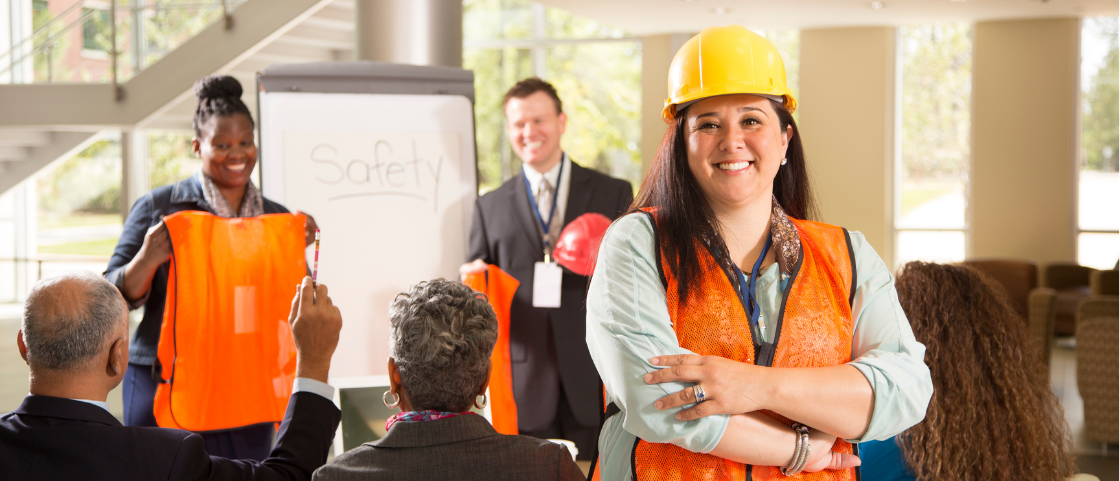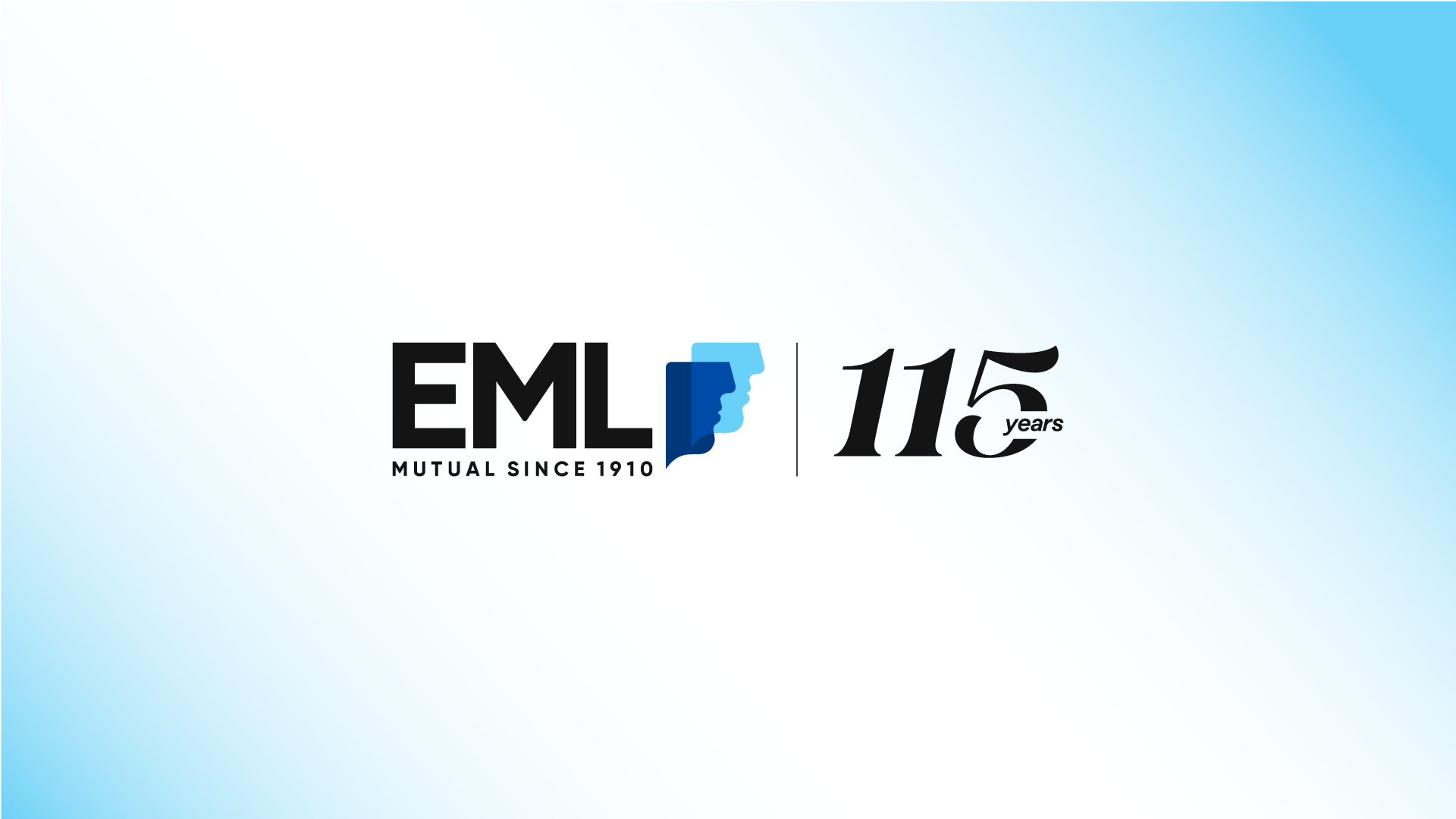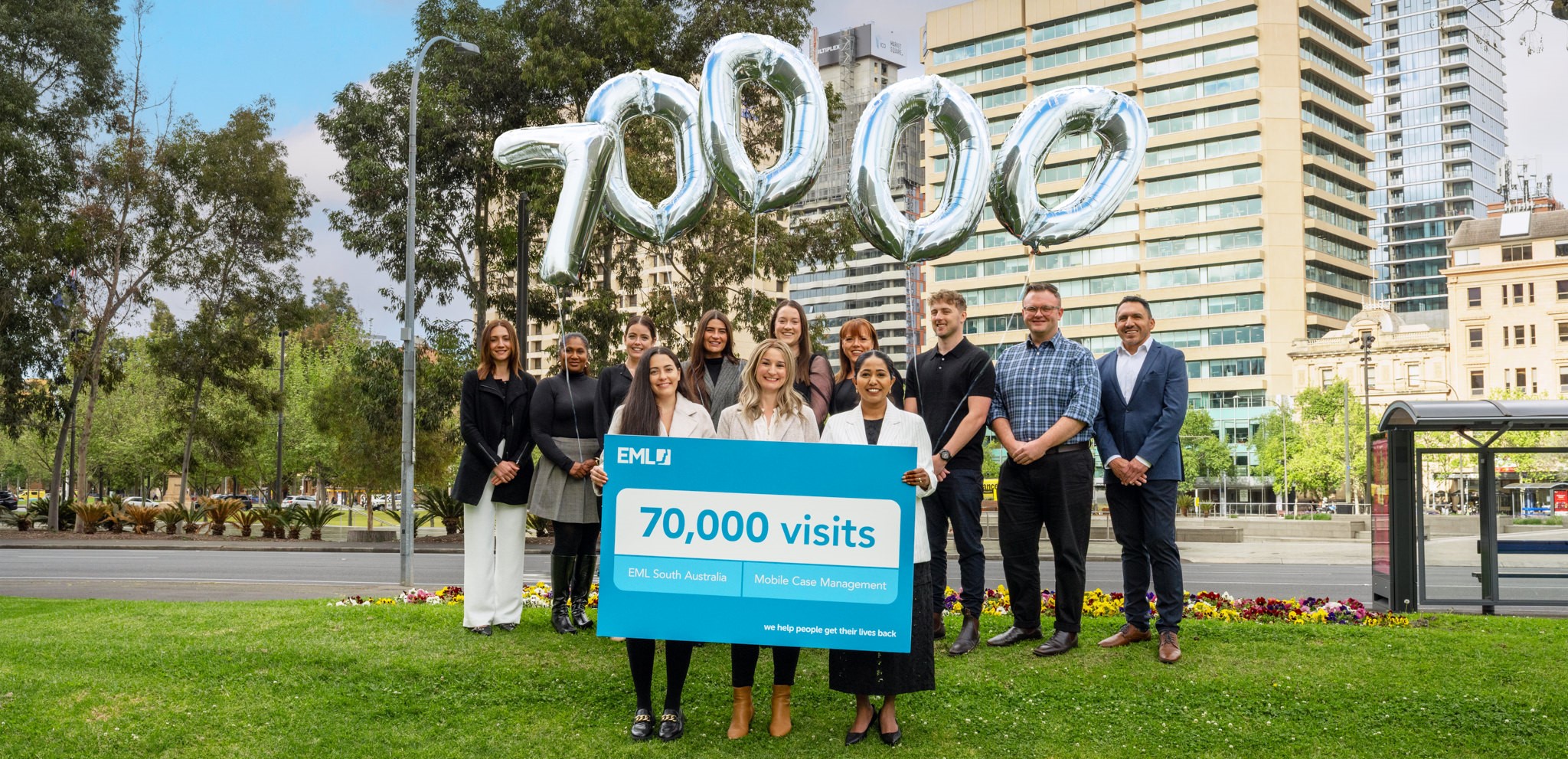Supporting your employee through a workplace injury or illness starts here. We’ve helped thousands of employers across South Australia to manage claims smoothly while ensuring their workers get the care they need. This page outlines lodging a claim and accessing the right support. If you need help, we’re just a call away.

You can lodge a claim by calling us on 1800 688 825 to speak with a customer service representative. Click here to request a call back.
If you are an employer in South Australia, you can report an injury or make a claim online through the ReturnToWorkSA website.
Has your worker incurred an injury or illness?

Whether it is physical or psychological, your worker’s wellbeing is everyone’s responsibility, and care and support is crucial.
Has your worker had medical treatment for the injury or illness?
Does the injury or illness require medical attention?
This is your priority. Urge or organise your worker to make a visit to a practitioner or hospital as required for treatment as soon as possible.

We suggest you offer to support the injured worker at the appointment, with their approval or ask if there is a suitable person they would like to take or contact.
Have you notified SafeWork SA of the injury or illness?

It is an offence to fail to report a notifiable incident to SafeWork SA, including serious injuries or illnesses, dangerous incidents, fatalities or COVID-19 cases that occur at work as a result of the conduct of the business or undertaking.
You must report serious injuries or illnesses to SafeWork SA.
Does your workers injury qualify under SafeWork SA's definition of a serious injuries or illnesses?

It is an offence to fail to report a notifiable incident to SafeWork SA, including serious injuries or illnesses that occur at work as a result of the conduct of the business or undertaking.
You can notify SafeWork SA via phone, incident form or email depending on the urgency or life-threatening nature of the injury or illness. See here for more information.

It is an offence to fail to report a notifiable incident to SafeWork SA, including serious injuries or illnesses that occur at work as a result of the conduct of the business or undertaking.
If there is no injury or illness to a worker, you do not need to enter the EML claims process, though SafeWork SA may need to be notified for workplace fatalities, and health and safety incidents.
Head to the SafeWork SA website to understand more.

EML supports SafeWork SA in the identification of near misses and other incidents to improve the workplace and prevent future injuries and incidents.
Once you have notified SafeWork SA, you should receive confirmation of the notification. Retain record of this notification.

You must keep a record of this incident notification form for five years.
Has the injury, illness or incident been assessed within your organisation to minimise future risks?
You should assess the incident and identify opportunities to minimise risks within your workplace.
Reporting and reviewing injuries minimises workplace incidents and can reduce your insurance premiums.

More importantly, developing a safety culture demonstrates care for your workers health and wellbeing and makes your organisation a good place to work.
If your worker has sought medical treatment, they have the right to lodge a workers compensation claim.
Has a claim already been lodged for this injury or illness?
Has your worker notified you that they want to lodge a claim for compensation of either medical expenses, or for weekly income support payments?

There are incentives in place for employers who lodge the claim within five business days of being notified by their worker. See the ReturnToWorkSA website for more information.
While you may encourage and help your worker understand their right to claim, the choice is theirs.

If you lodged a claim for your worker and later found that they
did not want to claim, do not be concerned.
EML will contact your worker for their consent before
progressing any claim lodgement.
You can choose from two lodgement options:
Go to the ReturnToWorkSA online lodgement portal to lodge the claim for your worker (preferred).
Contact EML directly over the phone on 1800 688 825 (Callback available).

Using the
ReturnToWorkSA online lodgement portal
is the easiest, most convenient and efficient way to lodge a
claim.
This is to ensure early support is
provided to your employee, regardless of whether the claim is
accepted or not.
Lodgement will be quick and easy if you have some information handy when you begin the claims process.
If your worker is claiming for weekly payments (money paid for time off work), or cannot do their pre-injury work, a signed certificate of capacity is required, as well as 13 months of pay information prior to the date of the injury.
Is your worker claiming for this?

A
signed certificate of capacity
must be obtained from your workers treating health
practitioner.
A claim can be submitted without
it, but for timely determination of the claim, it is preferable
to have as soon as available.
Ensure your worker has provided a signed certificate of capacity for you to send with the claim lodgement.

A
signed certificate of capacity
must be obtained from your workers treating health
practitioner.
A claim can be submitted without
it, but for timely determination of the claim, it is preferable
to have as soon as available.
Complete your lodgement of the claim via the ReturnToWorkSA online lodgement portal or over the phone.
EML will acknowledge receipt of the paperwork via email.
Talk to your worker regularly and check in on their recovery and their readiness to return to work.

Your employee may be going through a difficult time.
Communication breakdown is a major reason that
return to work is delayed or doesn’t happen at all.
After the claim has been lodged, EML will contact both the worker and employer within two business days and may ask for more information from you.

Your claim is assessed by our dedicated team at EML as to
whether it is eligible for workers compensation in line with
the legislation.
Wherever possible, EML will aim
to determine claims within
ten business days.
If there are no further queries, EML will let you know that the claim has been determined.
If further queries or investigation is required beyond the ten business day expectation, your worker will be offered interim benefits whilst the claims decision is made.

If the worker requires further support with their recovery and return to work, a claims specialist will be assigned within two business days.






Browse our training across workers compensation, health and safety, return to work and mental health.
Browse our training across workers compensation, health and safety, return to work and mental health.
Browse our training across workers compensation, health and safety, return to work and mental health.
Browse our training across workers compensation, health and safety, return to work and mental health.

Lorem ipsum dolor sit amet, consectetur adipiscing elit, sed do eiusmod tempor incididunt ut labore et dolore magna aliqua.
The EML Group is made up of a group of companies owned and operated by a partnership between Employers Mutual Limited & The Trustee For ASWIG Management Trust ABN 23 923 166 503, to find out more information about the EML Group click here.